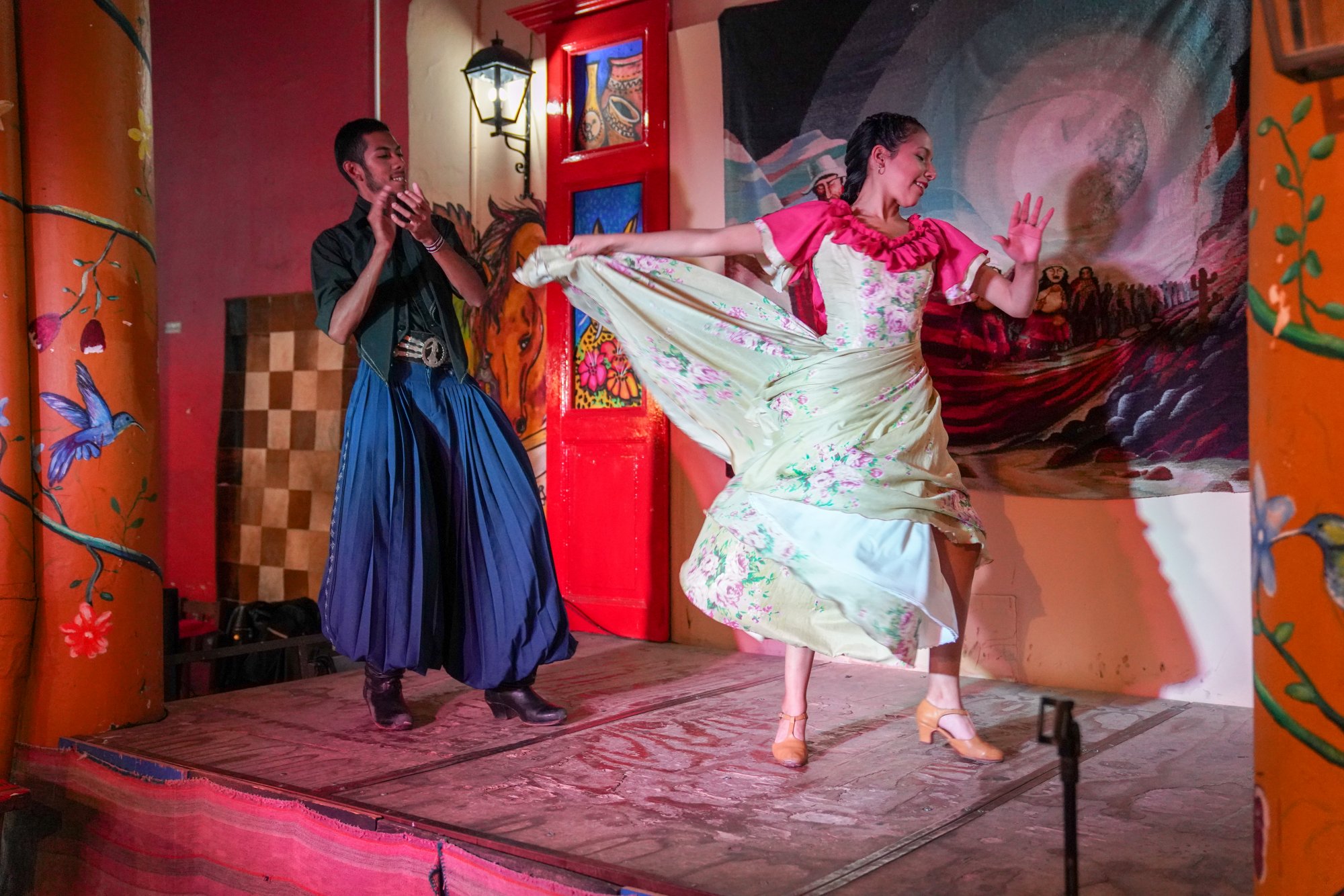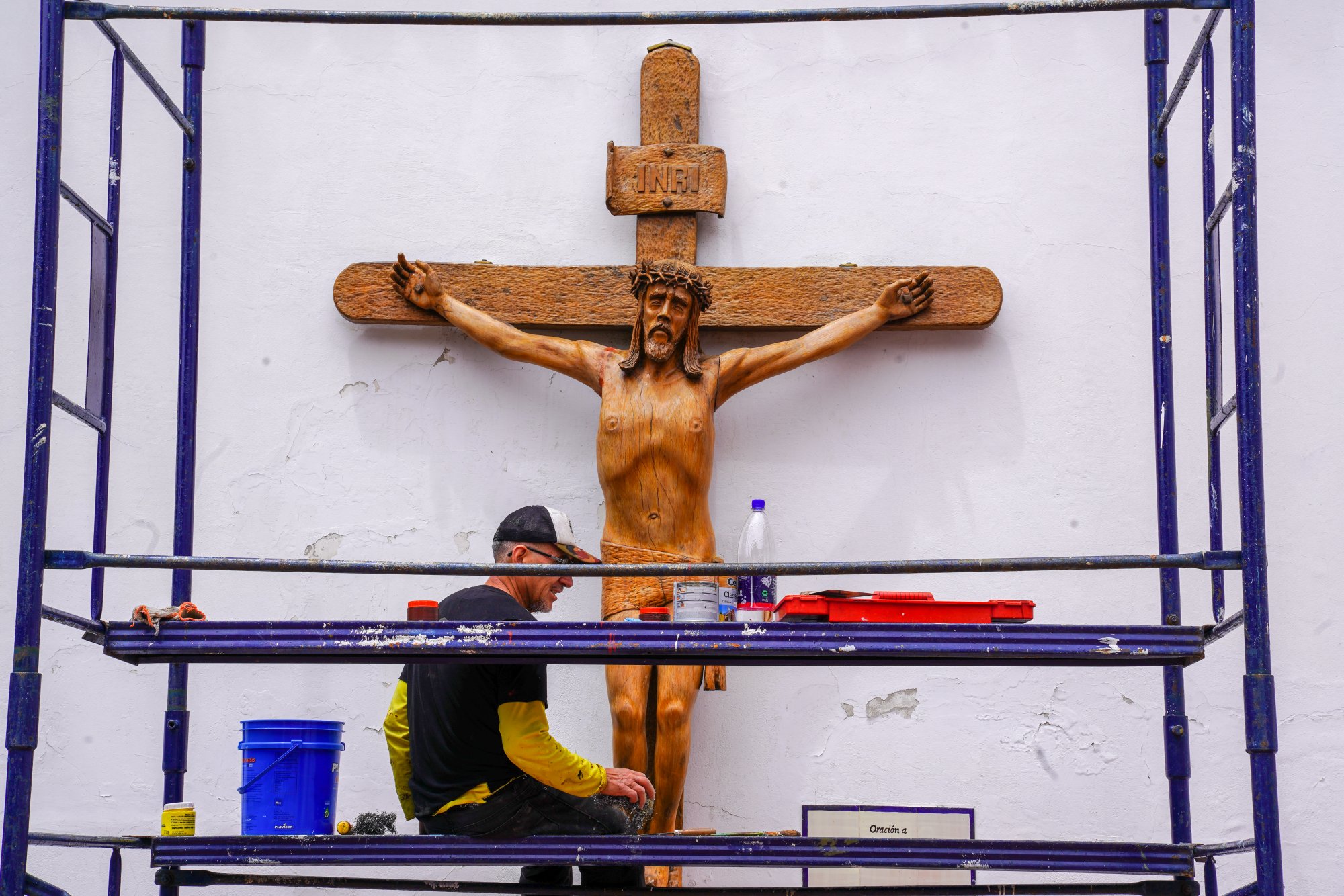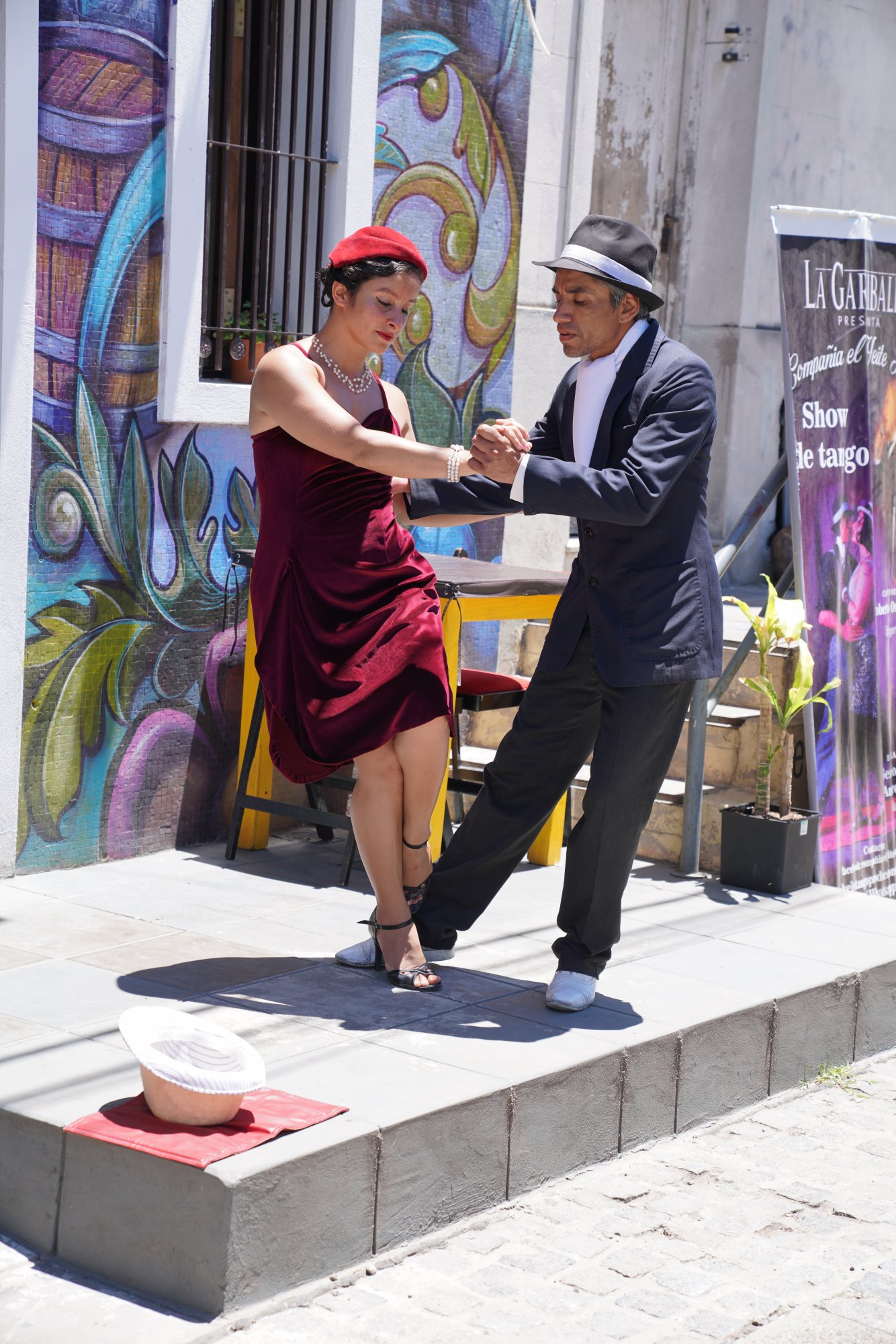The Story of the Rise and Fall of Argentina - part 2 -
From 1989 to 2000 Menem, Cavallo and the Convertibility Law
President Carlos Menem, with the help of Domingo Cavallo, a well-known and reputable economist from Fundación Mediterranea (an economic think tank), was able to end the rampant inflation that had existed for decades by pegging the Argentine peso to the U.S. dollar, similar to the Hong Kong Convertibility System.
These measures encouraged Argentines to return billions of dollars invested abroad back to Argentina and also attracted foreign investors, all willing to participate in the large-scale privatization of the public services.
The privatization of the utilities and services that Peron had nationalized in mid 1940’s, including railways, electrical generation and transmission, telecommunications, airlines and many others, became one of the largest world privatization programs ever implemented.
Inflation dropped to a low one-figure number, and the economy grew by an average of almost 5% during the 1990’s. The agro-industry almost doubled its export capacity, thanks to the intensive use of new technologies. The oil industry also grew from running a deficit covered by imports to significant export surpluses.
Unfortunately, little was done to improve government institutions and increase transparency. Corruption at all levels remained a major challenge. Menem, after governing for almost a decade, thanks to his manipulation of the Constitution, including court packing (the number of judges in the Supreme Court was increased from 5 to 9) to ensure his control of the Court, was unable to obtain for himself a third term. He left the government impacted by the “Mexican Tequila Crisis” which created recession and unemployment and external debt increased.

From the early years of the 2000’s to 2015: the Kirchners
Fernando De la Rua, from the Partido Radical, was elected president in 1999. At the start of his presidency Argentina once again was facing economic problems, including a decreasing GDP and increasing unemployment rate plus a significant fiscal deficit and foreign debt.
To deal with these circumstances his government attempted to implement a “savings package,” which included a loan from the IMF plus tax increases to finance the deficit and reduce the local and foreign debt. This plan failed and resulted in public discontent and lack of trust, to the point that on December 11, 2002, De la Rua resigned.
Argentina then entered new a period of chaos.
As result, Congress asked Senator Eduardo Duhalde, a Peronist and former governor of Bs. As., to act as interim president until elections could take place. Duhalde was able to return the country to some semblance of order. Following the elections, Nestor Kirchner, former Governor of Rio Gallegos (a Patagonian province), was elected president in December 2003.
President Kirchner started governing with the right foot, benefiting from the exponential increase in commodity prices, mostly due to increases in demand fuelled by China’s economic growth. This demand enabled the Argentine economy to grow again for the first time since the stagflation that hit Argentina at the end of Menem’s government. Indeed, the Argentine economy grew by an average of 6% p.a. during the 2004/2011 period as the country substantially increased its exports of agro-industrial goods as well as its exports of oil and gas. To the detriment of Argentina, Kirchner soon demonstrated he was an able manipulator of populism and masterminded the most efficient government corruption machine ever seen in Argentina’s history. He siphoned billions of dollars to support his political ambitions and line his own pockets.
The Constitutional threats posed by Peronism in forties and early fifties, which undermined the checks and balances among the branches of government, allowed high levels of corruption to infiltrate the government, devolving into a deficiency of basic legal, ethical and moral values within society as a whole.
To compound matters, private sector employment shrank to about 40% of the total declared employment as the government or state declared employment rose to 60%. (In Argentina most of the micro enterprises and SME’s do not officially declare themselves as sources of employment in order to avoid the high tax rates).
All these developments resulted in the flight of local capital as investors moved hundreds of billions of US Dollars out of Argentina while foreign investors saw little to attract them.
Nestor Kirchner was president only for one four-year term, from 2003 to 2007 (he died of a heart problem in October 2010). President Kirchner was replaced by his wife Cristina F. Kirchner, who was president between 2007 through 2015. During their time in government from 2003 to 2015, the Kirchners further improved the corporatist style of government that Peron created in the mid 1940’s. They slowly nationalized again most of the public services, including energy (oil, gas, etc.), water, airlines and railways.
In order to keep the cost of these services low and avoid complaints of the people, they created a program of subsidies for operators and consumers, such that that by the end of 2015, when Macri started his term as president, more than 70% of the cost was subsidized. As a result of these policies, Argentina suffered energy shortages, with permanent electricity supply cuts and the deterioration of its infrastructure, and inadequate. other basic services like water and sewage. The public works they created charged user’s government fees, a portion of which went directly to the pockets of the Kirchners. The public works themselves were mismanaged from the start: a large part of the ordered public works was paid in advance, without bidding procedures or controls. In this way the Kirchners government siphoned billions of US Dollars (to this day claims against the Kirchners in connection with these corrupt actions remain unresolved in the courts).

From 2015 to 2019: Macri and the “dream of a better future.”
Mauricio Macri, neoliberalist and head of his political party known as PRO, was a highly successful mayor of the city of Bs. As., serving two consecutive terms ending in December 2015 (the Constitution does not allow him to serve more than two terms). He then decided to run as head of a coalition, including PRO, the “Partido Radical” and a group of smaller political parties like Union Civica. They won by a small margin of about 2% of the votes and had a minority in the higher chamber. This became a problem for getting Congressional approval in connection with the many matters he had to deal with, including some critical issues like dealing with the corruption problems inherited from the previous government that also included the Work Unions. Most of the Argentinian Work Unions were (and still are) highly corrupt and managed by a mafia type management.
When Macri assumed the presidency becoming the first elected president in almost a century not being Peronist or Radical, he found a country submerge in deep crisis with dropping GDP and a 40% inflation, in default, with a USD 250 billion debt. The poverty line was above 30% of the population and unemployment of about 20%.
In addition, Argentina had a huge energy deficit and was dependent in expensive gas and oil imports. The country’s infrastructure --roads, railways, water supply, sewage disposal, housing, etc.-- was in shambles. All of these challenges were caused by the mishandling of the economy by the previous government.
During the first year Macri was able to reach an agreement with the debt creditors who were suing Argentina in the courts of NY. The negotiated settlement allowed Argentina to obtain financing from the multilateral financial organizations, including IMF and the World Bank, and eventually from private investors. Moreover, he reinserted Argentina into the world by participating in the Davos annual meetings as well as in the G20’s. Indeed, Argentina became a very successful host to the 2018 G20 meeting, attended by most of the world leaders.
His government also re-instituted the federal republican and democratic way of government, including freedom of speech and a free press, which had been heavily obstructed by the Kirchners. President Macri also promoted transparency and a rule of law.
However, Macri failed to enlarge or even maintain public support. He should have been more outspoken at the start of his presidency, explaining the conditions in which he received the country. He decided against doing so, as he considered that such approach would have meant starting with the “left foot”. As we see today, that was a terrible mistake that may have cost him the 2019 reelection.
During its four-year term, PRO and his alliance recovered self-sufficiency in energy production with the start-up of the production of the shale oil reserves and also renewable solar and eolic generation projects. Argentina was even able again to export its energy surpluses to neighboring countries. In addition, he brought several low-cost airlines to interconnect the large distant centers of Argentina and constructed more than 20.000 kms of roads and highways, including needed bridges. President Macri’s administration also modernized the railways, which had been practically abandoned in the 1940’s, and added thousands of kms of new rails, providing this way, good and fast access to the exporting ports for products being produced all over the country. The same happened with public transportation (such as buses and subways), which was improved thoroughly for the City of Bs. As. and then extended to all the country.
Unfortunately, Macri without a majority in the Congress, and a Kirchner/Peronist opposition that blocked most of his proposals, was unable to fully implement his government plans, including:
- policies to reduce the state overemployment,
- an increase in transparency in all government transactions,
- a reduction of overwhelming high tax structure that together with the employment protection laws made Argentina one of the most expensive countries in which to operate.
- assurance of the rule of law and greater legal stability .
All these unresolved matters were like a Chinese Wall that curtailed new investments and increases in employment by the private sector. As a result, most of the inflow of new capital expected by Macri’s government never took place due to these intrinsic problems. (He borrowed USD 45Billion from the IMF in order to finance the fiscal deficit and other critical financial needs).
Among his main achievements were improvements in the badly needed transparency in terms of the government’s decision-making process as well as in re-establishing the rule of law. However, he was unable to change the employment and tax issues, which were essential to attract investment.
Therefore, although he left a substantially better economically and politically run country, it was not enough. President Macri lost his reelection bid in 2019, although with a smaller difference than earlier estimated, of 42% against 48% of the Kirchner votes.

